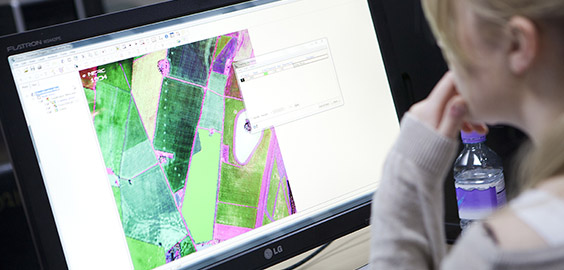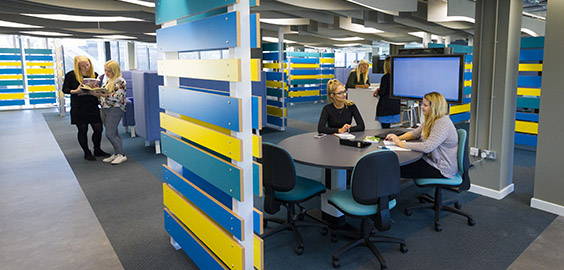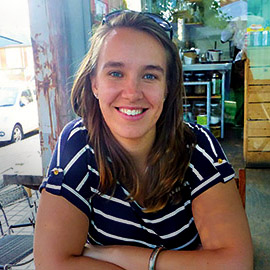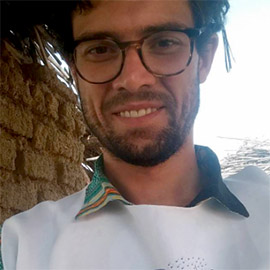Our graduates are highly employable, equipped with the skills to address hazards, disasters, risks, vulnerabilities and complex emergencies, working with/in relief and development organisations, national authorities and emergency services at a local or global level.
Graduates go on to careers in a widely diverse range of related areas, for example:
1. Emergency Planner/Emergency Planning Manager;
2. Disaster and Development Academic and/or Researcher;
3. Business Contingency Manager;
4. Humanitarian and United Nations Consultant;
5. Deputy Head of Field Officer of the Office of the United Nations for Humanitarian Assistance (OCHA)
and are often working for Environmental Agencies, Local Authorities and International, National, Regional and Local Non-Governmental Offices - often at managerial level.
A number of students who already worked in the sector have subsequently progressed to senior roles in United Nations bodies, World Vision and UK Emergency Planning. Others have successfully gone on to PhD research before pursuing a career in academia in a range of countries around the world, both so-called developed and developing.
 Option for Placement Year
Option for Placement Year Option for Study Abroad
Option for Study Abroad





















